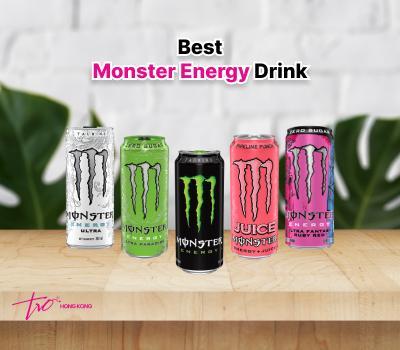Difference Between a Wholesaler and a Distributor
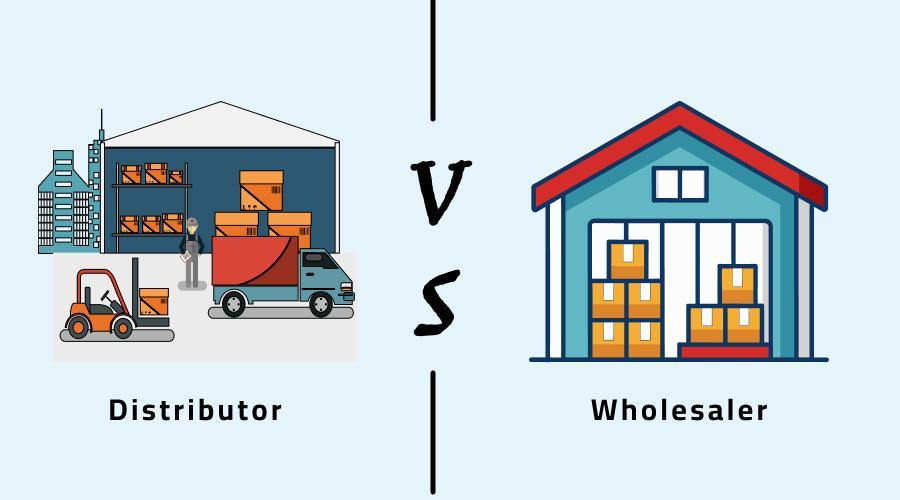
Today, individuals and businesses rely heavily on wholesalers and distributors. You can get your goods and ensure having different brands of products in your shops. If you are confused about understanding wholesaler and distributor, this guide is all about explaining these supply chain terms in simple terms. You may be a wholesaler, retailer or logistics manager; this will be one of the best sources to understand the difference between wholesaler and distributor:
Introduction to a Wholesaler and a Distributor
What is a Wholesaler?
A wholesaler provides bulk products to small and large businesses like retailers, online shops, supermarkets, and others. It works closely with distributors or sometimes with manufacturers. FMCG wholesalers typically receive products in large quantities at a discount and resell them in small quantities to other business entities. Their strong team handles the quality and proper packaging of the products.
They often sell a wide range of goods from different product categories and brands. Their support helps brands reach their products directly to consumers. For example, an FMCG wholesaler provides soaps, biscuits, or soft drinks from distributors and sells them to local retailers or small shopkeepers.
What is a Distributor?
Distributors help small and large wholesale companies obtain products in bulk. They are responsible for transportation, marketing, and promotion of various brands. Distribution companies work closely with manufacturers, focusing on the efficient movement of specific brands of products.
FMCG distributors resell and are mainly known for physically transporting goods. Their logistics network helps them manage warehouses and inventory, ensuring timely delivery and proper handling of your products. For example, a distributor buys products such as biscuits, soft drinks, or soaps directly from manufacturers and supplies them to wholesalers or retailers.
Difference Between a Wholesaler and a Distributor
A wholesaler and a distributor can appear to be similar, as both provide products in bulk amounts. That is the reason most people use these terms interchangeably. But both differ totally from each other. Let’s explore the various aspects of a wholesaler and a distributor and understand how they differ. Here we go!
Operations
Wholesalers play a major role in purchasing products from distributors and selling them in bulk. They can offer goods from multiple brands, ensuring they have a wide range of product availability. FMCG wholesalers sell bulk products to retailers, small shopkeepers, businesses, and sometimes institutions. However, in certain market conditions, they can make profits by tying up directly with the manufacturer.
Distributors focus on offering their distribution services in Hong Kong. Unlike wholesalers, who mainly focus on providing their products in bulk, distributors not only provide this but also focus on the physical movement of the product from one place to another. For example, Treasure Orbit is a leading FMCG distributor in Hong Kong. They ensure the robust transportation of your orders to different parts of the world.
Agreements
Wholesalers do not have a direct agreement with an FMCG company. Their work is flexible and versatile, allowing them to associate with multiple brands. Their focus is to connect with distributors and other sources and get products in bulk quantities.
On the other hand, distributors usually work under an agreement with an FMCG company. That means they have to work with certain companies for a certain period of time. This helps them to receive quality products from the manufacturers and resells them to wholesalers. FMCG distributors also follow specific terms and conditions mentioned in the contract for their distribution services.
Exclusivity
Wholesalers usually do not operate exclusively in the market. They work independently and sell their products from different brands and industries. FMCG wholesalers in Hong Kong have less competition in the industry.
While FMCG distribution companies sell the products with their exclusive rights. They work with some of the exclusive FMCG companies and only provide their products in bulk quantities. For example, they can offer products from Unilever, Nestlé, Snickers, M&M’s, Milka, and more.
Management
Wholesalers do not require much management from the FMCG companies. They neither have exclusive rights nor work under agreement; that is why they work freely to sell their products in different locations. The main manufacturer companies may not require minimal supervision.
FMCG distributors are closely managed and supervised by the companies they work with. Proper experience and skills are required to work under them. Even selection, reporting, goal setting, and incentives can all be managed by the main manufacturer's companies.
Brand Range & SKUs
FMCG wholesalers mainly buy products in large quantities at discounts. They then sell them in smaller quantities to their retailers at higher prices. This is how they make a profit on the goods sold in the market. Their product categories include beverages, snacks, confectionery, personal care, baby items, and noodles.
FMCG distributors have multiple sources of gaining benefits in their business. As they have a close relationship with the manufacturer companies, they get the products in bulk at a lower price and can sell their products at a higher price, but the price for consumers is much lower. They generally deal with the brands Milka, Ferrero, Coca-Cola, Dove, Evian, Nescafé, Mars, and Samyang.
A Wholesaler vs. a Distributor: Who Should You Contact for Buying Products in Bulk?
If you want clear details about wholesalers and distributors and are unsure whom to contact for bulk products, here’s the answer. Choosing the right solution from wholesalers and distributors would depend on various factors. If you want to go for the quality and safety of the products, connecting with the best FMCG distributor company would be your best choice, as they work closely with the manufacturer's company. They can ensure providing fresh, high-quality, and reliable products in bulk.
On the other hand, if you want to prioritise price and a wide variety of products from multiple brands, in this case, connecting with a wholesaler should be your first decision. They can provide you with diversity in the product options, but you may lack quality and distribution services.
Bottom Line
Both wholesalers and distributors provide products in bulk, but work differently. Today, with the support of these business entities, other businesses and even individuals order their bulk products seamlessly. Wholesalers simply provide products from distributors, but they lack a distribution process. While FMCG distributors offer multiple benefits of receiving products from manufacturers' companies, and ensure the provision of transportation services. You can connect with an FMCG distribution or a wholesaler based on your specific concerns and unique requirements.
Related Blogs
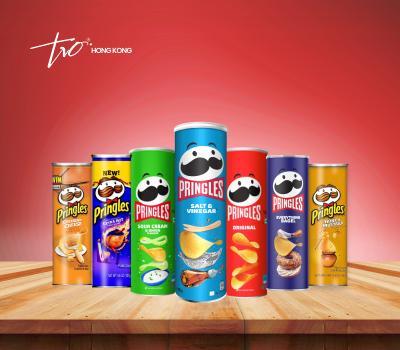
Top 7 Best Pringles Snack Flavors You Must Try
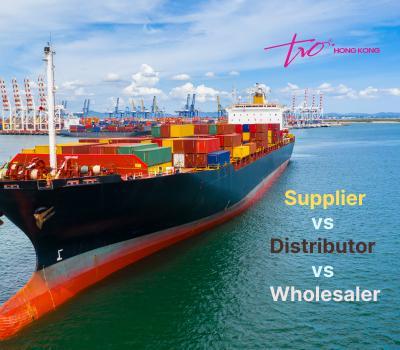
Supplier vs. Distributor vs. Wholesaler: What’s the Difference?
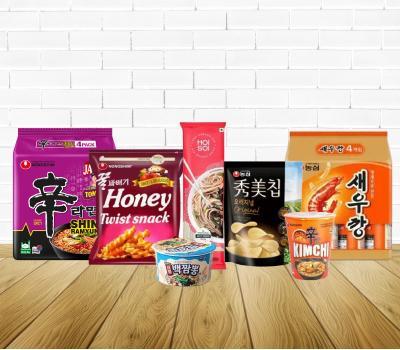
Top 7 Best Nongshim Products You Must Try
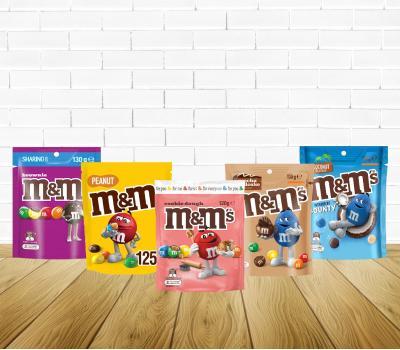
Top 5 Best M&M’s Flavor You Must Try
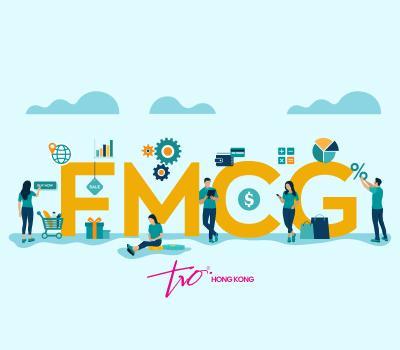
What is Fast Moving Consumer Goods (FMCG)?
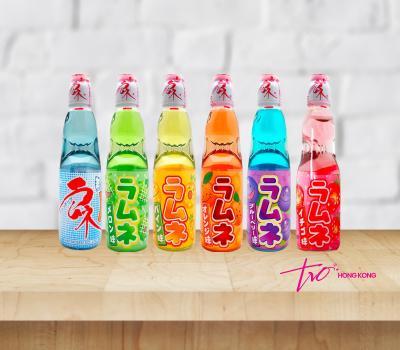
Top 10 Best Hata Ramune Soda Flavors You Must Try
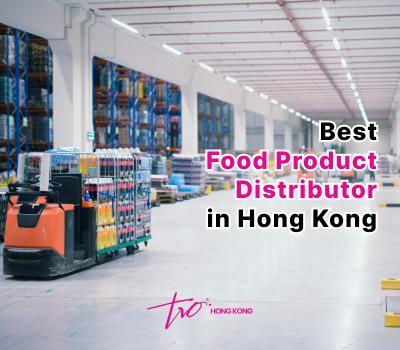
Best Food Product Distributor in Hong Kong
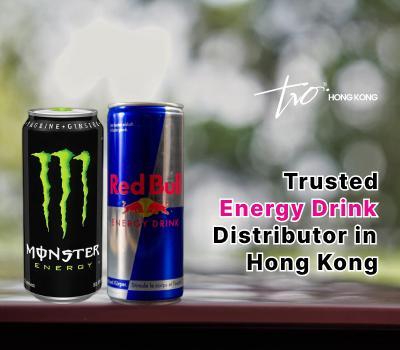
Trusted Energy Drink Supplier and Distributor in Hong Kong
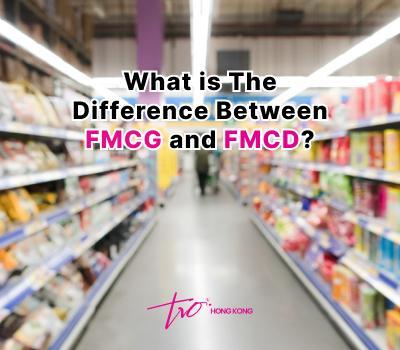
What is The Difference Between FMCG and FMCD?
